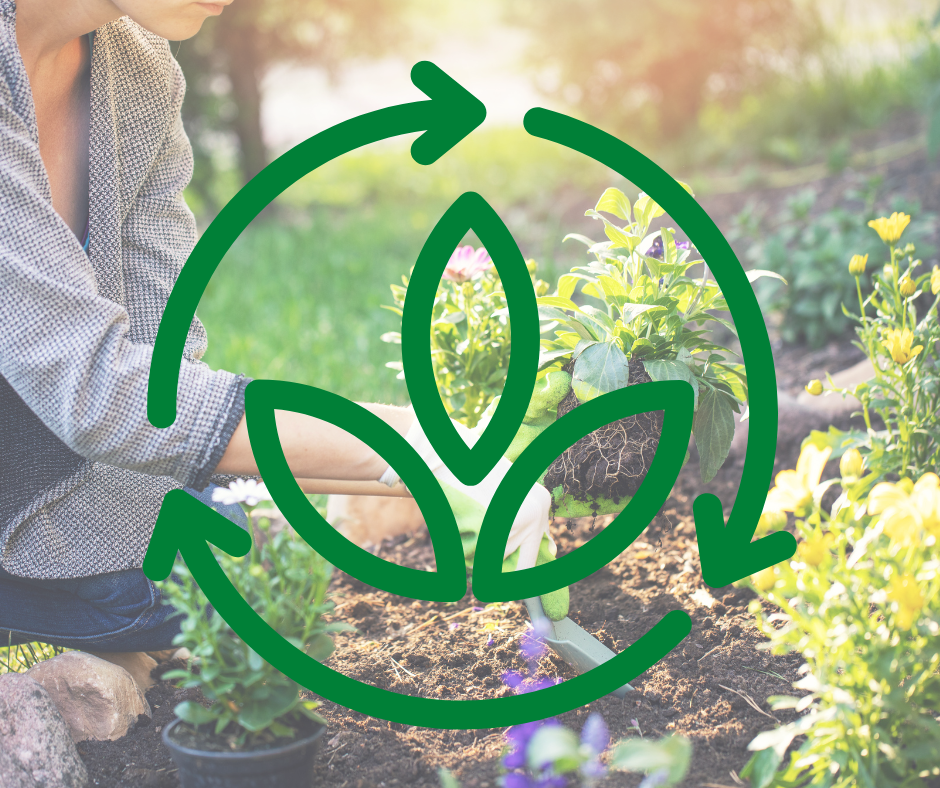Organic Matter is reused every day from productive composting, fertilizing, and recycling. Demand is growing for the beneficial recycling of organic matter from coffee grounds to poultry litter to highly treated biosolids products, allowing farmers and families to beneficially recycle. Currently food scraps and yard waste make up more than 30 percent of what we throw away into landfills. These materials can be easily composted.
According to the U.S. EPA, compost is organic material that can be added to soil to help plants grow.
Composting at home is becoming more popular and can include materials such as dead leaves, branches, and twigs, or grass clippings, vegetable waste, fruit scraps, and coffee grounds. It does however require one important ingredient – water. Having the right amount of water is important for compost development.
Similarly, highly treated biosolids (for more information on biosolids, click here) can be composted. Composting is is used to stabilize wastewater solids prior to their use as a soil amendment or mulch in landscaping, horticulture, and agriculture. This process destroys pathogens (disease causing organisms) and minimizes odors while retaining organic matter and nutrients (such as nitrogen and potassium) that’s good for the soil. Composted biosolids improves soil texture, and elevates soil cation exchange capacity (an indication of the soil’s ability to hold nutrients), all characteristics of a good organic fertilizer.
As the cost of chemical fertilizers continues to rise with inflation (nearly 30% since the start of 2022 after an 80% rise in 2021)[1], the use of organic matter as a fertilizer is becoming more appealing to consumers and farmers.
Biosolids that are treated to reduce pathogen levels below detection through composting, heat-drying, pasteurization or thermal hydrolysis (high temperature and pressure), in conjunction with advanced treatment, are referred to as Exceptional Quality (EQ) biosolids and can be used in Virginia by following soil test nutrient recommendations like any other inorganic fertilizer or soil amendment. Farmers and landowners use this material for row crops, pastures, hay lands, and forests. EQ biosolids can also be produced through more traditional composting methods.
Some municipalities are using EQ biosolids in urban landscapes. These municipalities promote the use of EQ biosolids products for urban agriculture due to their beneficial effects on soil rehabilitation. In Virginia, there are several utilities producing EQ biosolids through composting and other treatment processes, including Council members in Washington D.C. and Hampton Roads.
Read more about composting and visit our website to find health and safety fact sheets, including one on EQ biosolids and additional resources.
